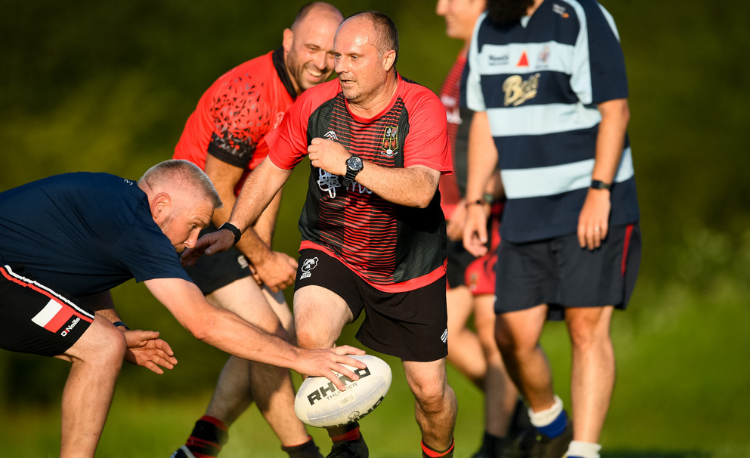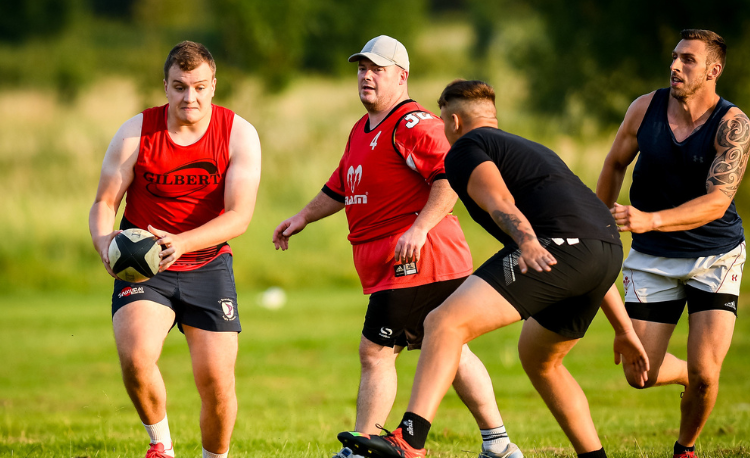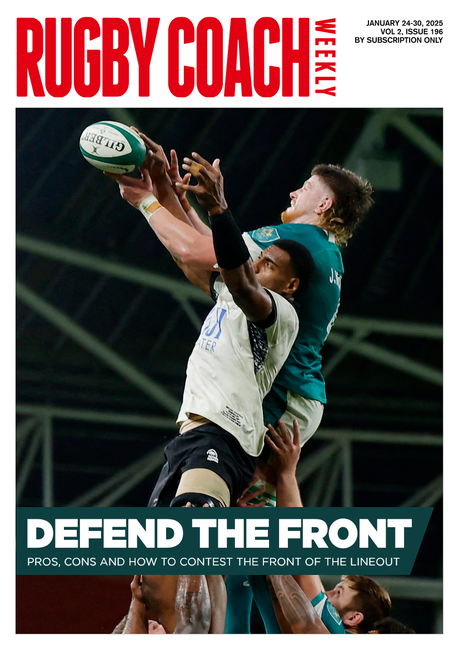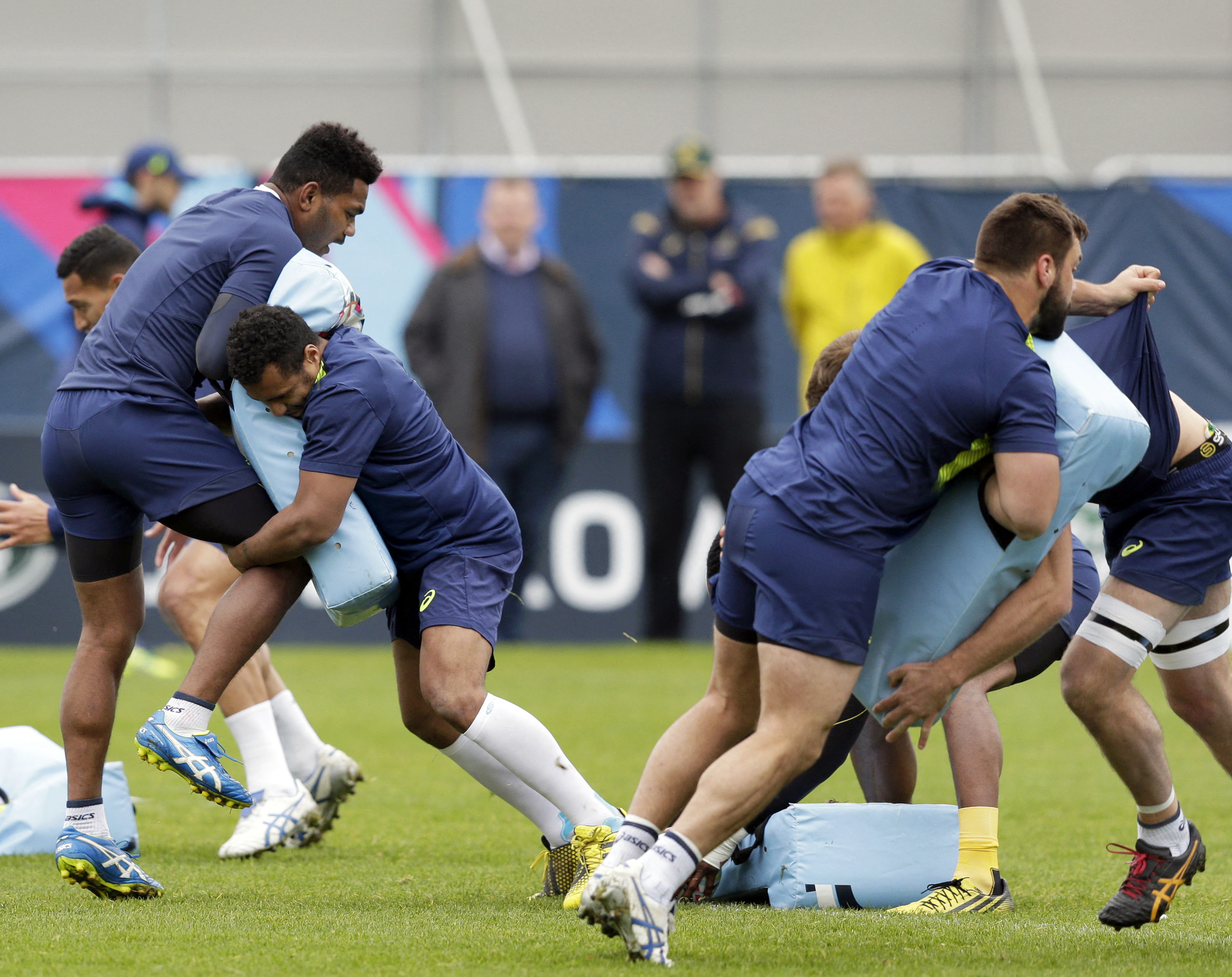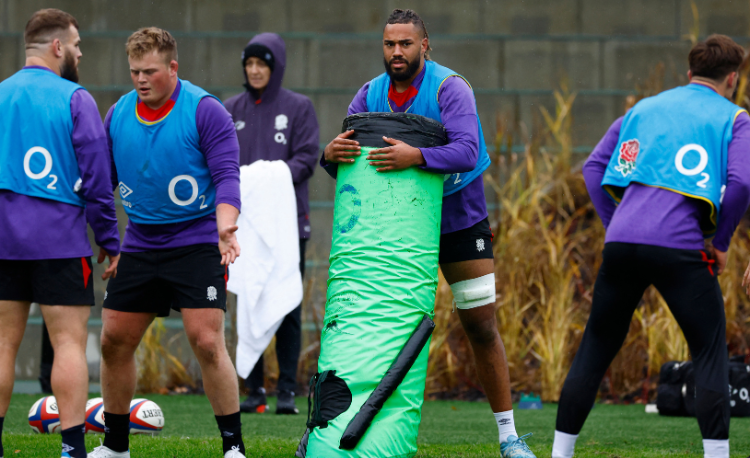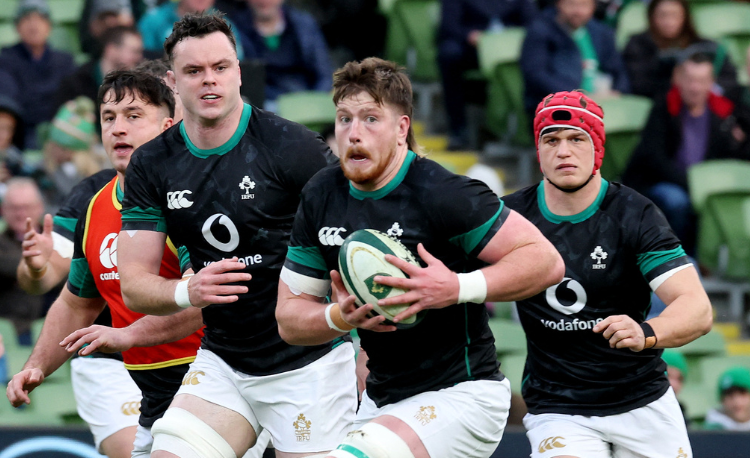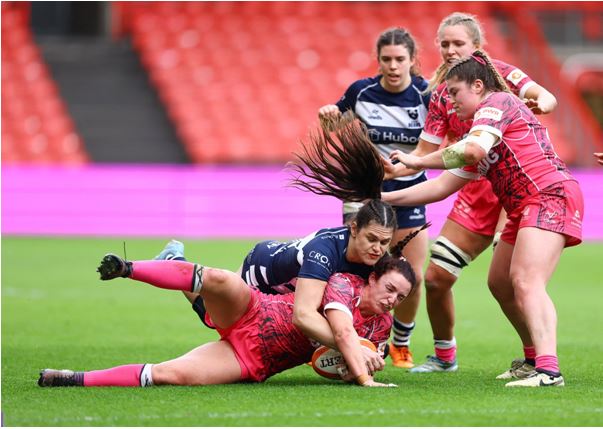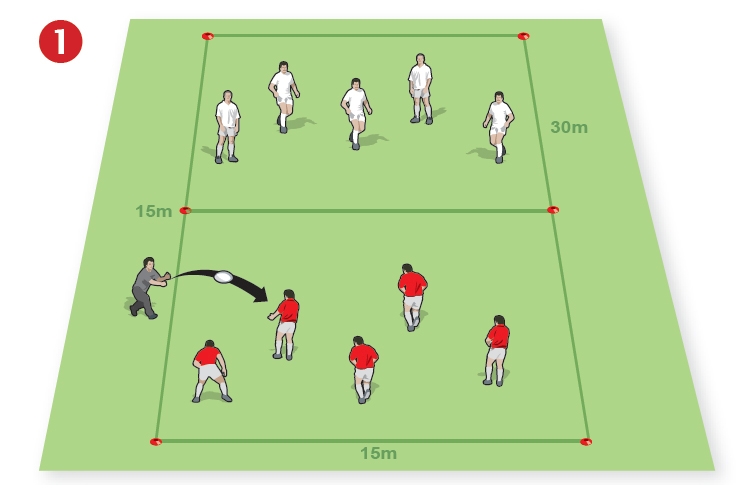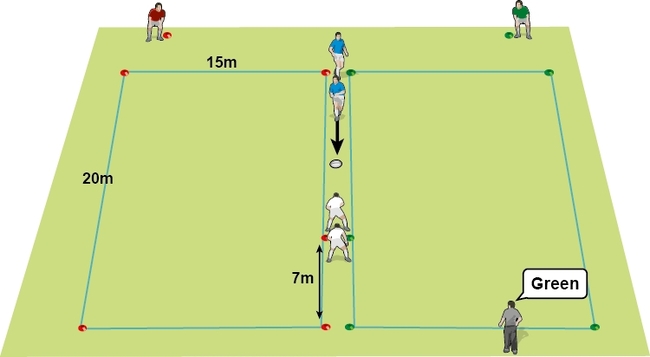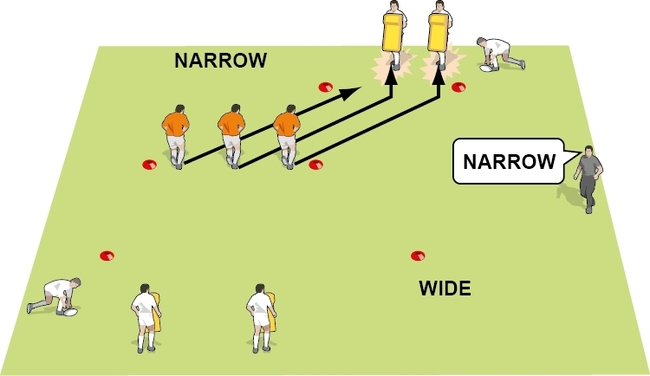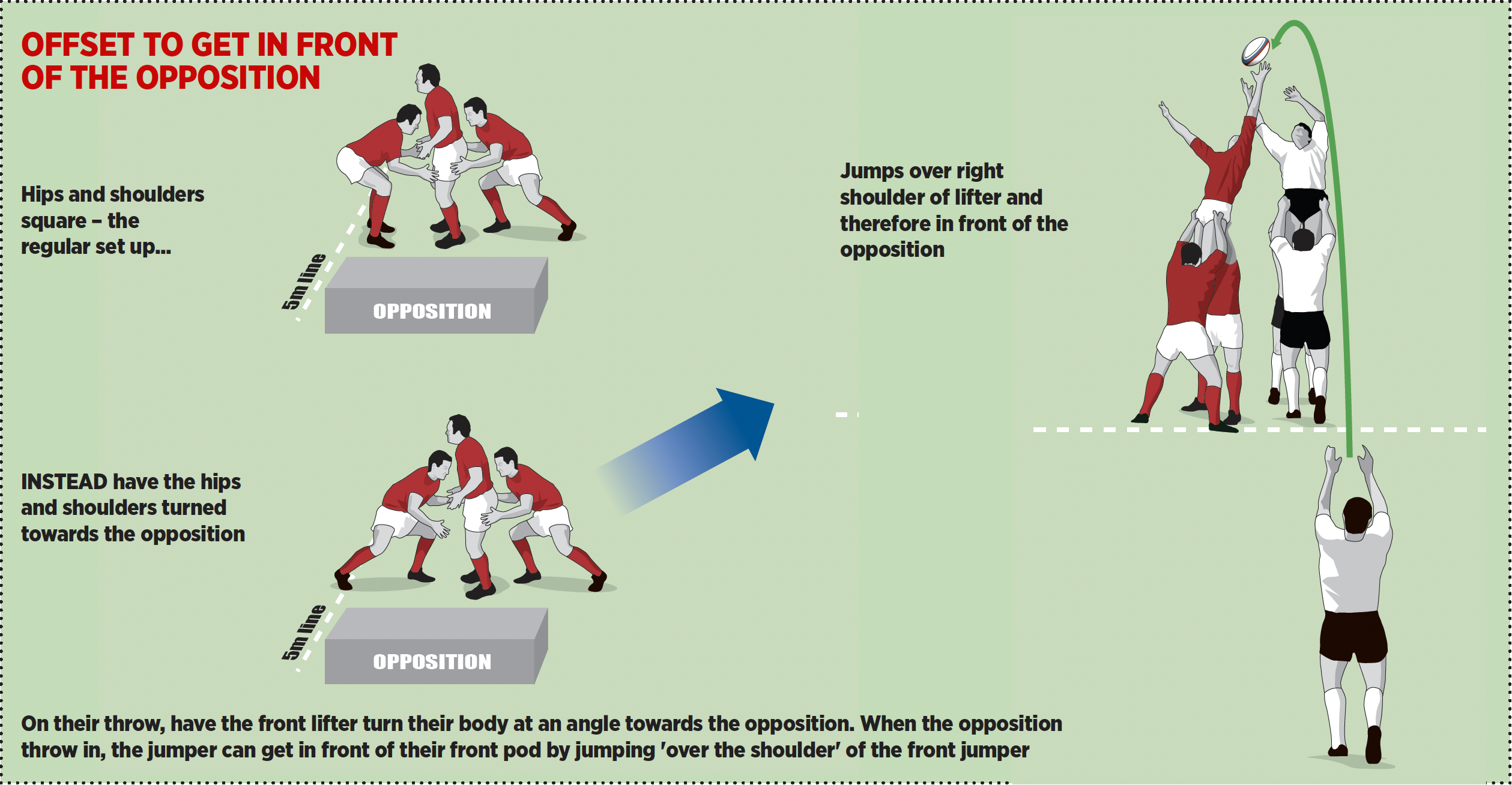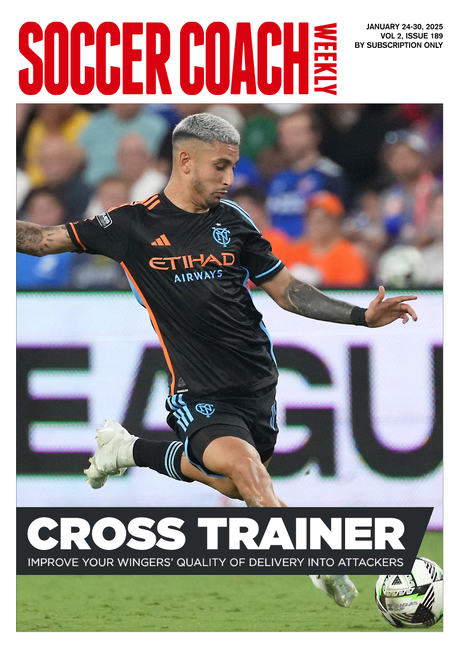Challenging players of differing abilities
Jake John explains how you can utilise ’attribution theory’ in your coaching.
Coaching players with varying abilities is challenging, but necessary, when players at different career stages come together.
For example, an experienced player moving down from National Leagues may still excel in skill, but have reduced fitness; while a younger player may lack experience, but have high conditioning.
A good idea is to adapt training, with modified activities and achievable game plans that leverage each player’s strengths.
For example, avoid assigning complex passes to less skilled forwards; use a simpler pass instead. Adjustments prevent the frustration that can arise if team members feel mismatched in ability.
However, differentiating tasks can create tension, with players feeling either undervalued or superior.
To prevent this, use ’attribution theory’ to help players view situations positively, reinforcing a growth mindset.
For instance, encourage players to see differentiated tasks as pathways to skill-building, not as reflections of their ability.
There are three key tips for building a growth mindset:
- Encourage self-belief and control over progress.
- Emphasise that everyone’s path to success is unique but achievable.
- Use positive language to reinforce confidence and teamwork.
In the context of differentiating training for players of varying abilities, attribution theory can be used to help players maintain a positive mindset, by guiding how they interpret their roles and experiences in training. Here’s how it applies...
Positive framing of differentiated tasks
- Context: Differentiated tasks may cause frustration or feelings of inadequacy for players who feel ’left behind’; or, conversely, superiority in those given more complex tasks.
- Using attribution theory: Encourage players to attribute their roles and tasks not to a lack of ability, but to an opportunity for skill development. For example, instead of saying, "I’m not good enough for the more complex pass," players can learn to think, "This simpler task will build my foundation, and I can take on the harder pass as I progress." This framing helps players view each task as a step toward improvement, not a reflection of their ability.
Reframing ’failures’ as ’learning opportunities’
- Context: Less experienced players may feel demotivated if they struggle with tasks or make mistakes.
- Using attribution theory: Help players see mistakes as temporary and part of the learning process. Encourage players to attribute errors to factors they can change, like practice and focus, rather than to inherent lack of skill – for example: "I need more practice to perfect this pass", instead of "I’ll never be able to do this".
Setting realistic goals and reinforcing effort
- Context: When tasks are differentiated, some players may perceive this as creating a hierarchy within the team.
- Using attribution theory: Set personal goals for each player, and celebrate progress based on effort rather than outcomes. For instance, praise a player for consistently attempting a new skill, rather than only succeeding at it. This reinforces that improvement is within their control and motivates continued effort.
Promoting a growth mindset through team language
- Context: Differentiated tasks can lead to divisiveness, with some players feeling belittled.
- Using attribution theory: Model positive language that focuses on development. Encourage players to attribute their roles and tasks as essential contributions to team success. Use language that reinforces a growth mindset, such as: "We’re all improving different skills that, together, will make us a stronger team".
Conclusion
By fostering a mindset where players of all skill levels see each task as a development opportunity, we empower them to set realistic goals and view challenges as building blocks.
This approach reduces feelings of division and inequality, shifting the focus to personal growth.
While designing training for varied abilities is relatively straightforward, the real challenge lies in shaping positive perceptions.
This is a hurdle that can be overcome with a smarter, psychologically-aware approach to coaching.
KEY TAKEAWAYS
Focus on effort and improvement: Emphasise factors like hard work, experience, fitness and skill development. This shows less experienced players that progress is achievable.
- Example: Instead of blaming a loss on their performance, a player commits to watching elite games and improving fitness to offset fatigue.
Limit references to talent: Avoid emphasising talent alone, as it can lead to complacency and a lack of effort.
- Example: Elite coaches highlight workrate and commitment, not just ability, as the key to success.
Reference elite role models: Share stories of top athletes who developed through sustained effort over time, fostering a ’marathon, not a sprint’ mindset.
- Example: A coach references players who struggled early in their careers but succeeded through persistence.
Encourage leadership for growth: Show top players that they can continue improving by taking on leadership roles and helping others.
- Example: Discuss players who became captains or coaches as they matured, despite not being natural leaders initially.
Discourage cliques: Stress importance of team unity and avoid sub-groups, which can cause division.
- Example: Wales’ 2006 struggles amid internal conflicts and cliques.
Highlight elite language and mindset: Note how elite players and coaches focus on learning and effort in post-game reflections, emphasising hard work as a constant.
Related Files
Newsletter Sign Up
Coaches Testimonials

Gerald Kearney, Downtown Las Vegas Soccer Club

Paul Butler, Florida, USA

Rick Shields, Springboro, USA

Tony Green, Pierrefonds Titans, Quebec, Canada
Subscribe Today
Be a more effective, more successful rugby coach
In a recent survey 89% of subscribers said Rugby Coach Weekly makes them more confident, 91% said Rugby Coach Weekly makes them a more effective coach and 93% said Rugby Coach Weekly makes them more inspired.
Get Weekly Inspiration
All the latest techniques and approaches
Rugby Coach Weekly offers proven and easy to use rugby drills, coaching sessions, practice plans, small-sided games, warm-ups, training tips and advice.
We've been at the cutting edge of rugby coaching since we launched in 2005, creating resources for the grassroots youth coach, following best practice from around the world and insights from the professional game.
